Modern portable power stations equipped with lithium batteries offer convenient off-grid living solutions or backup power solutions. LiFePO4 (Lithium Iron Phosphate) batteries stand out for their stability, safety, and durability; we explore this type of battery in this article as a possible option to power an electric dryer, an appliance known for being power intensive in terms of its needs for electricity consumption.
Understanding Electric Dryers' Energy Demands
Electric dryers are among the most energy-consuming appliances in any household. On average, an electric dryer consumes between 1,800 and 5,000 watts to run properly typically, the average dryer consumes roughly 3,000. This high power demand stems from its heating element and motor, which drive its tumbling mechanism two essential elements for drying clothes efficiently.
LiFePO4 Batteries: Characteristics and Capabilities
LiFePO4 (Lithium Iron Phosphate) battery generators are well known for their long lifespan, safety features, and energy efficiency - qualities that contribute significantly to running power-intensive appliances like dryers under certain circumstances. Below, we delve more deeply into each point:
Longevity:
LiFePO4 batteries offer significantly longer cycle lives compared to other lithium-ion batteries. They typically last around 2000 to 5000 charges before their capacity starts degrading below 80% of its original capacity. Their long cycle lives make LiFePO4 ideal for applications that need frequent charging/discharging cycles, like backup power for appliances.
LiFePO4 batteries provide stable performance over time, unlike other battery types, which experience rapid decline. This consistency of performance is especially critical during extended power outages or off-grid living situations when power generators must power critical appliances like dryers. Security:
With such consistent performance over time comes safety.
Thermal and Chemical Stability: LiFePO4 batteries offer distinct safety advantages over their lithium-ion counterparts thanks to their chemical structure; these cells are less prone to overheating and unlikely to catch fire or explode, an essential feature when used indoors or in closed spaces.
LiFePO4 batteries boast much lower thermal runaway risks than other lithium-based cells, making them safer for high-demand applications and applications that demand frequent power use.
Safe Charging and Discharging:
These batteries offer rapid charging and safe discharging at high rates, making them suitable for applications such as powering an electric dryer that demands high amounts of power in short bursts. Efficient Operation: [The batteries can] quickly recharge to full power within minutes, providing plenty of juice needed quickly enough.]...
LiFePO4 batteries provide efficient discharge efficiency, meaning more of their stored power can be used to run appliances like an electric dryer. This high discharge efficiency is an essential advantage when powering such high-energy-consuming devices as electric dryers.
LiFePO4 Batteries Have an Extremely Low Self-Discharge Rate
LiFePO4 rechargeable batteries have one of the lowest self-discharge rates compared to other rechargeables on the market, keeping most of their charge intact over time, so power will always be there when required.
Consistent Voltage Levels: LiFePO4 batteries provide steady voltage levels throughout their discharge cycles for consistent power output - essential for running appliances such as dryers that require consistent voltage for optimal performance.
Factors to keep in mind when purchasing a LiFePO4 battery-powered generator for an electric dryer
When selecting a LiFePO4 battery-powered generator for an electric dryer, several key considerations must be evaluated carefully to ensure compatibility, efficiency, and safety. Electric dryers are among the more power-intensive household appliances, so choosing an adequate generator is paramount. Here are five essential elements for consideration.
- Power Output and Capacity
The generator must meet or exceed the peak wattage requirement of an electric dryer, typically between 1800 and 5000 watts. To prevent overloading.
Sufficient Battery Capacity: For the dryer and generator to function correctly, LiFePO4 batteries measured in watt-hours must be enough to run for their desired duration. A dryer typically consumes from 1.8-5kWh of energy in every cycle; hence, a generator with multiple thousand-watt-hour capability may be necessary, particularly if numerous drying cycles or additional appliances need powering simultaneously.
- Discharge Rate High Discharge Rate Capacity
Battery-powered generators must support high discharge rates to power their drying elements effectively and start their motors quickly for optimal dryer operation these large bursts of energy need to start their heater elements or motors and operate reliably.
- Charging Options and Speed
You want a generator with flexible charging options such as solar panels, AC mains, or even via your car when needed for emergencies when only one source is inaccessible. Having multiple charging sources available provides excellent versatility when one may not be accessible or is insufficiently reliable for charging purposes.
Fast Charging Capability
Since dryers require lots of power, having the capacity to charge up the generator quickly is essential to ensure it will always be ready when needed.
- Safety Features Thermal and Chemical Stability
LiFePO4 batteries are generally considered safe with reduced risk of thermal runaway; however, ensure your generator includes protections such as overcharge protection, temperature controls, and safety cutoffs to handle heavy loads and high power outputs safely.
Certifications: When shopping for battery technology, look for certifications verifying its safe performance under high load conditions.
- Durability and Lifespan
Robust Build Quality: Choose a generator with high build quality and rigorous test standards to ensure it can withstand frequent usage in various locations or environmental conditions.
Long Battery Life: LiFePO4 batteries are well known for their long lifespan; look for generators offering thousands of charge cycles before significant capacity reduction occurs.
- Portability, Weight, and Size
Powering a dryer effectively requires an impressive capacity; as such, the generator may be heavy. Assess whether portability is essential to your use case before reviewing its weight and dimensions to ensure that they meet it.
- Assess Initial and Operational Costs
LiFePO4 generators may offer better long-term value although LiFePO4 generators might cost more initially, their extended lifespan and lower maintenance expenses make up for it over time. Assess total ownership costs, including potential savings on maintenance/replacement.
- Environmental Considerations
Eco-Friendliness: LiFePO4 batteries do not contain heavy metals like cobalt, making them an eco-friendly choice that could play an integral part in any decision process aimed at sustainability. This may play a vital role in making decisions related to these factors.
Conclusion
Choosing a LiFePO4 battery-powered generator for an electric dryer requires careful consideration of these factors to ensure that you have a reliable, efficient, and safe power source that meets the high energy demands of the appliance. This choice not only impacts the effectiveness with which you can run your dryer but also plays a significant role in the overall energy management and sustainability of your home energy solutions.

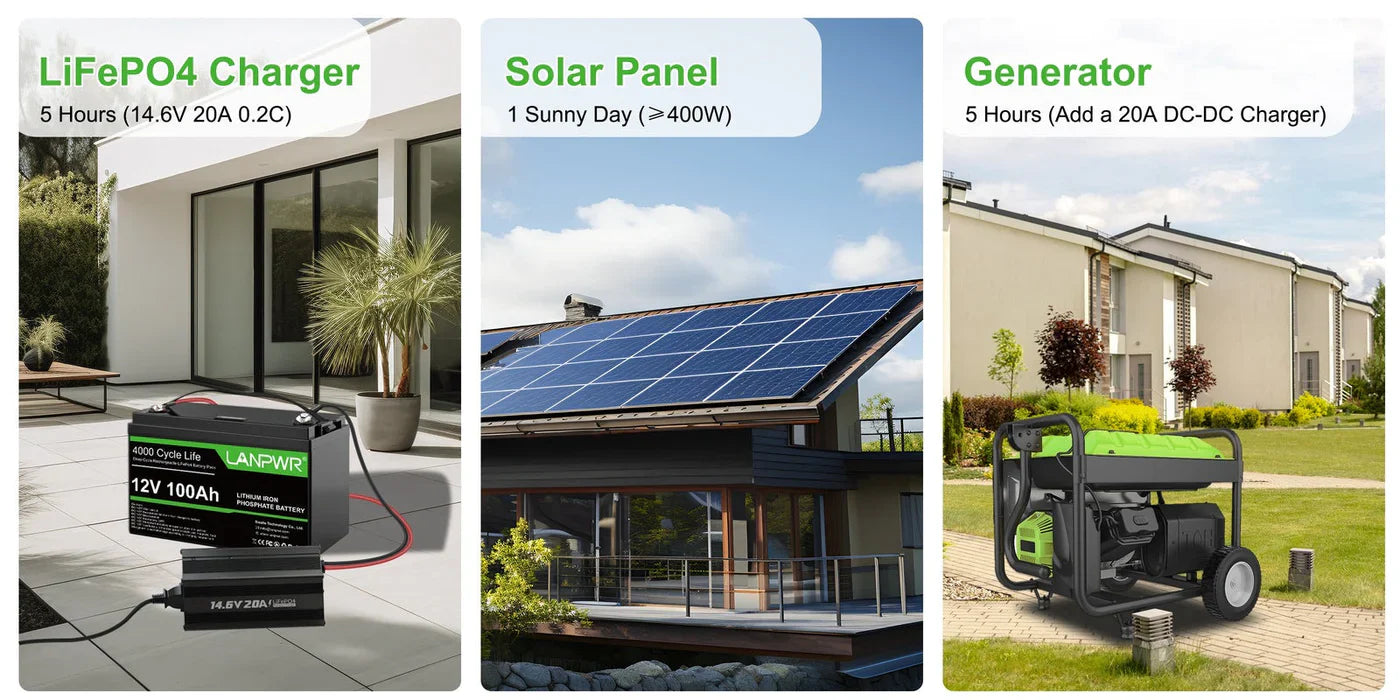
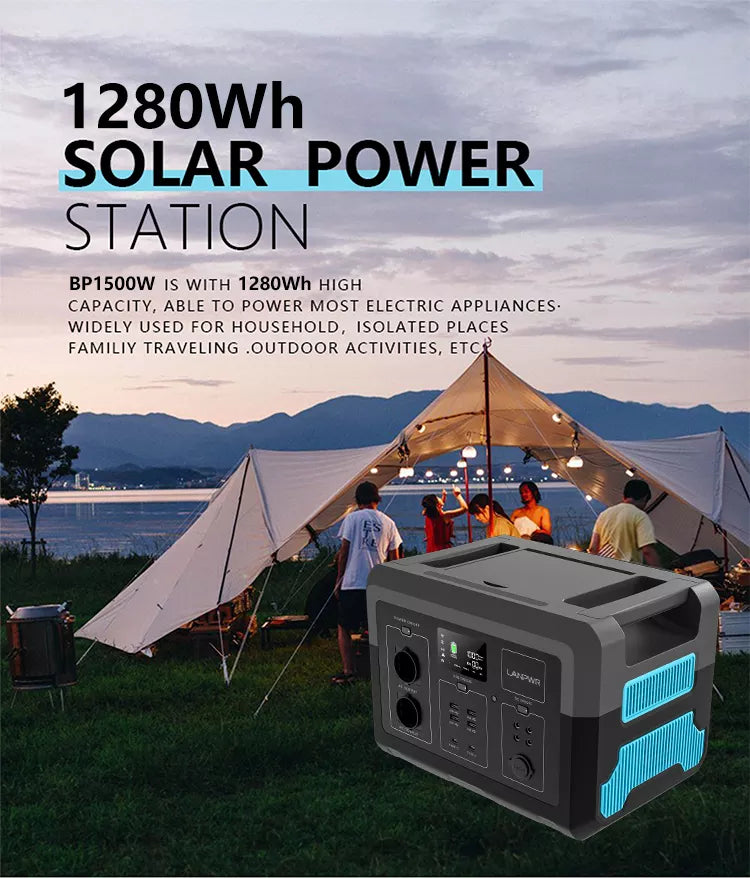
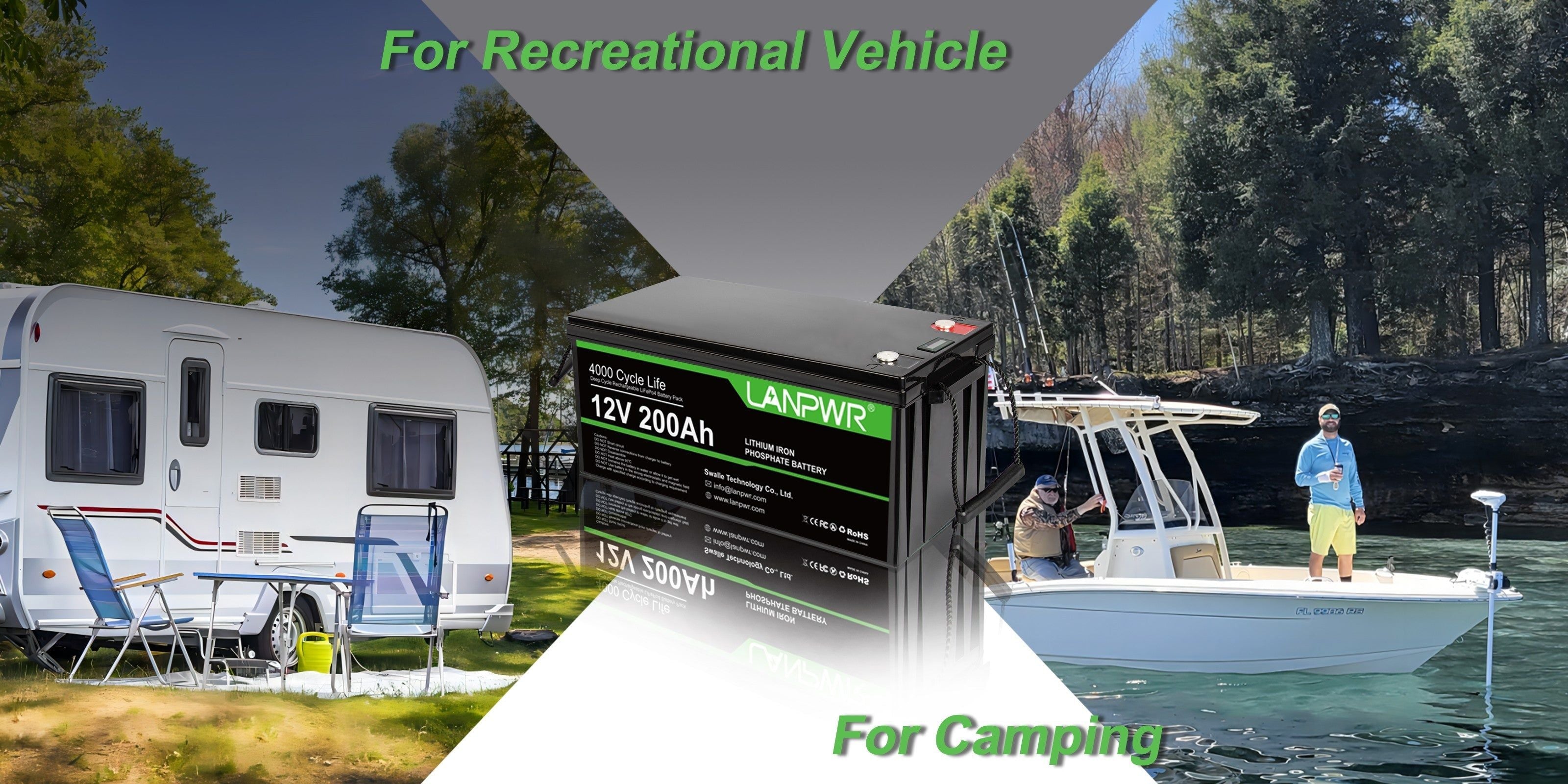
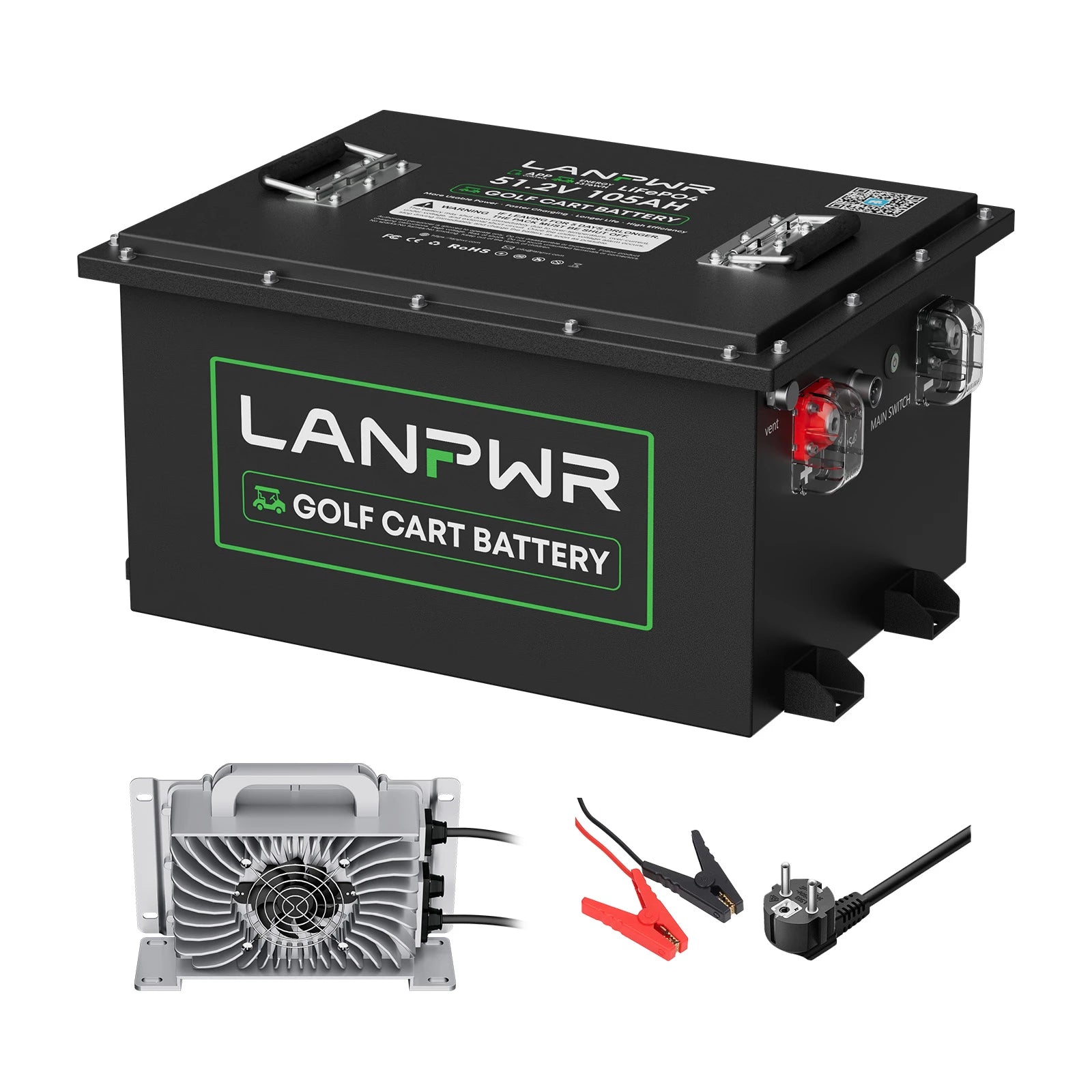
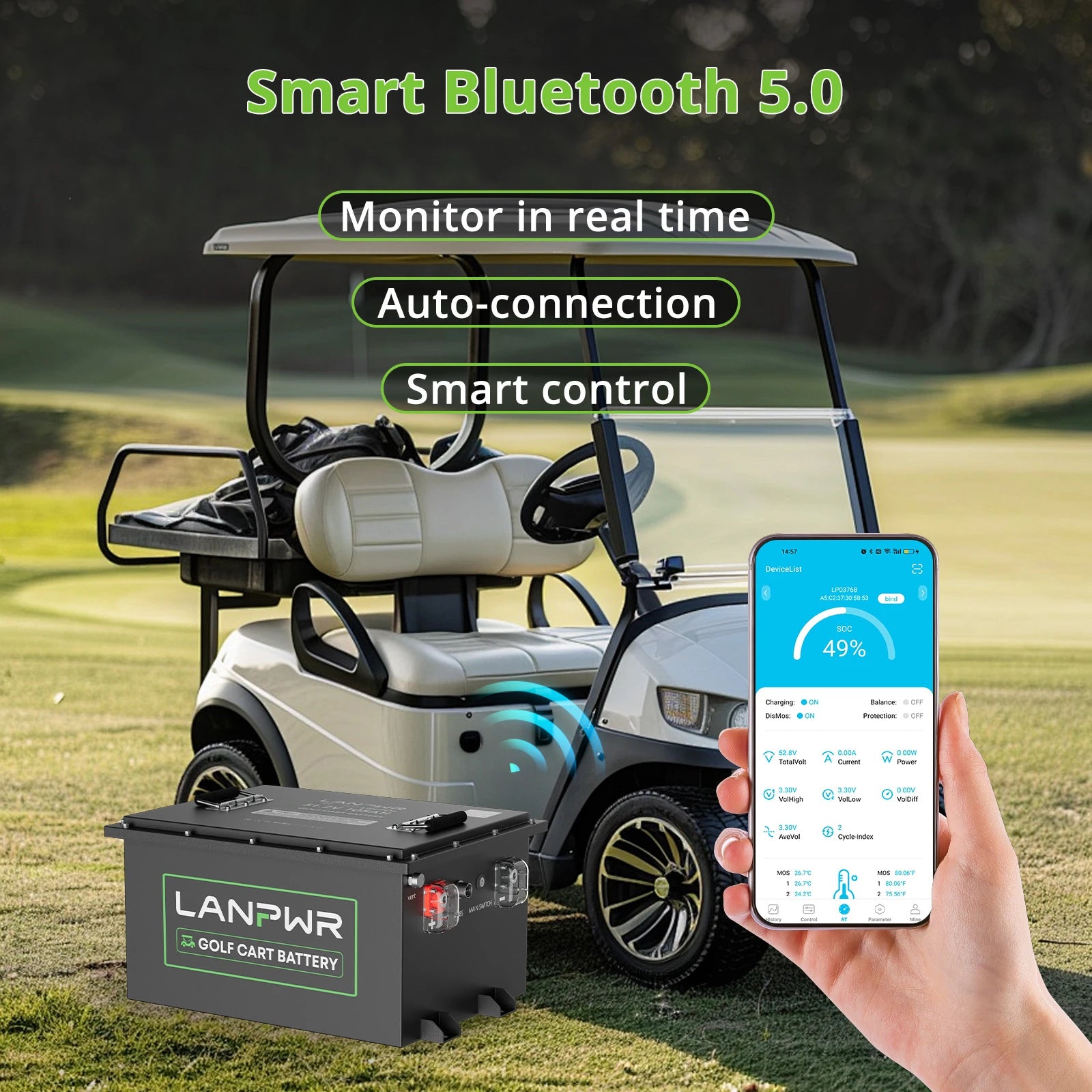
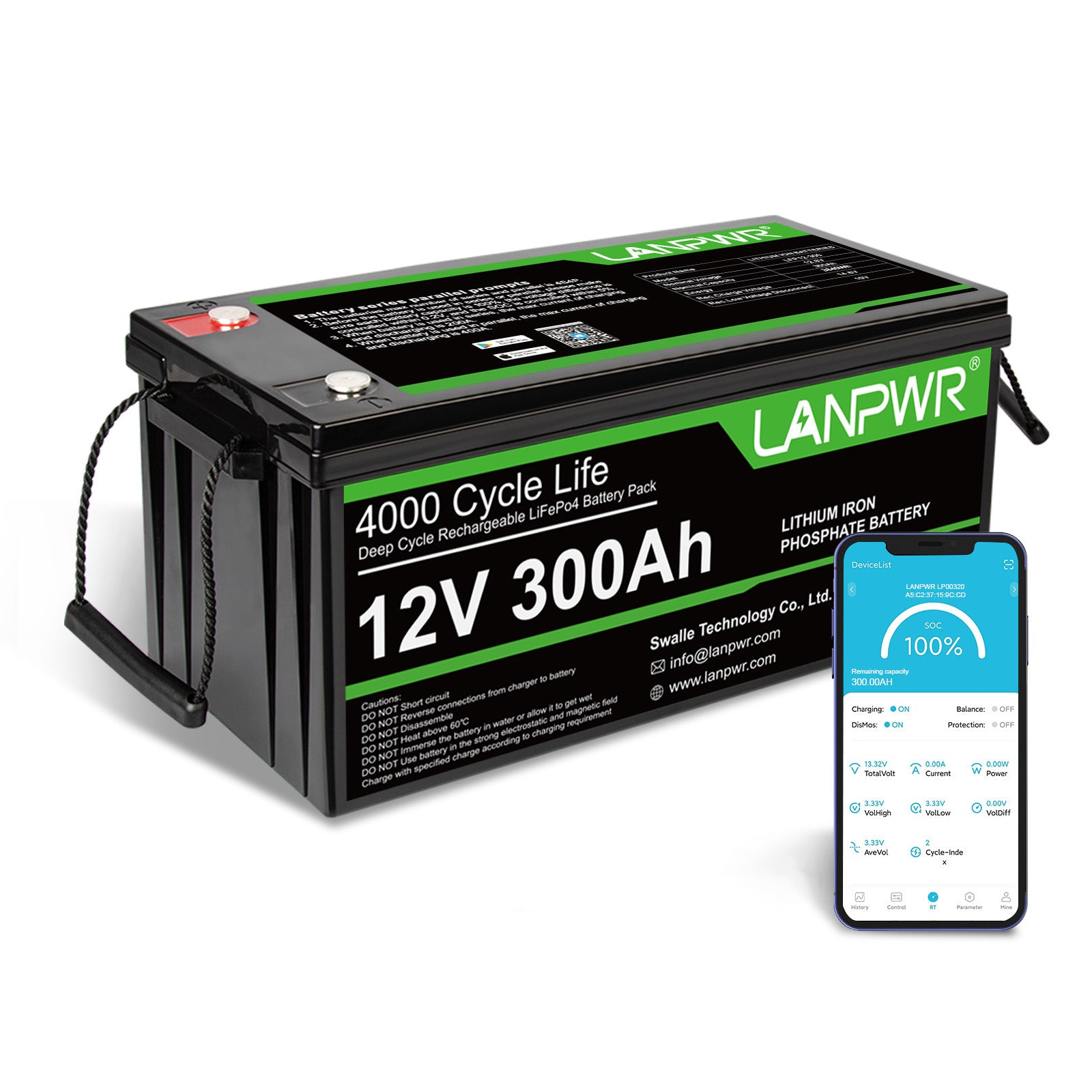
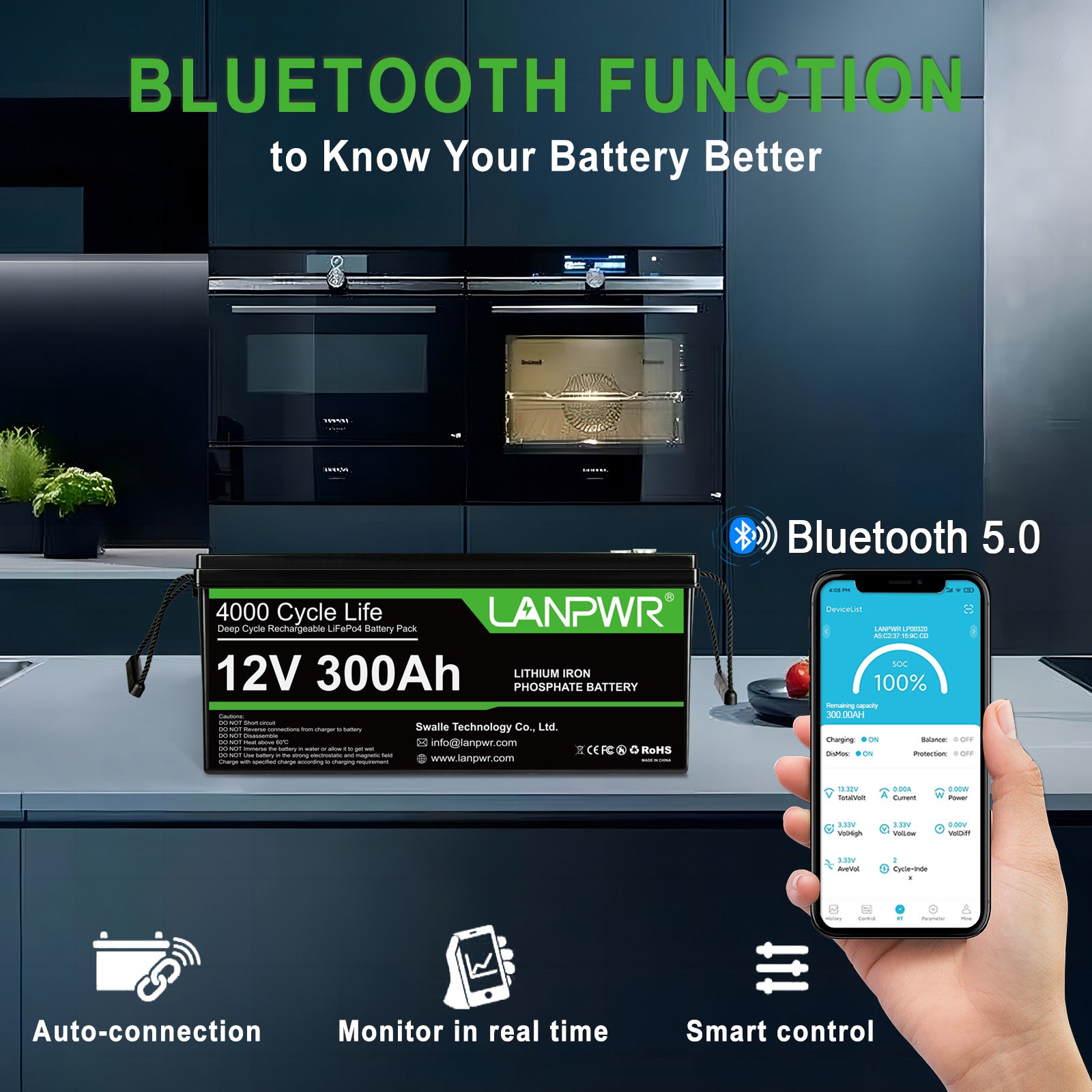
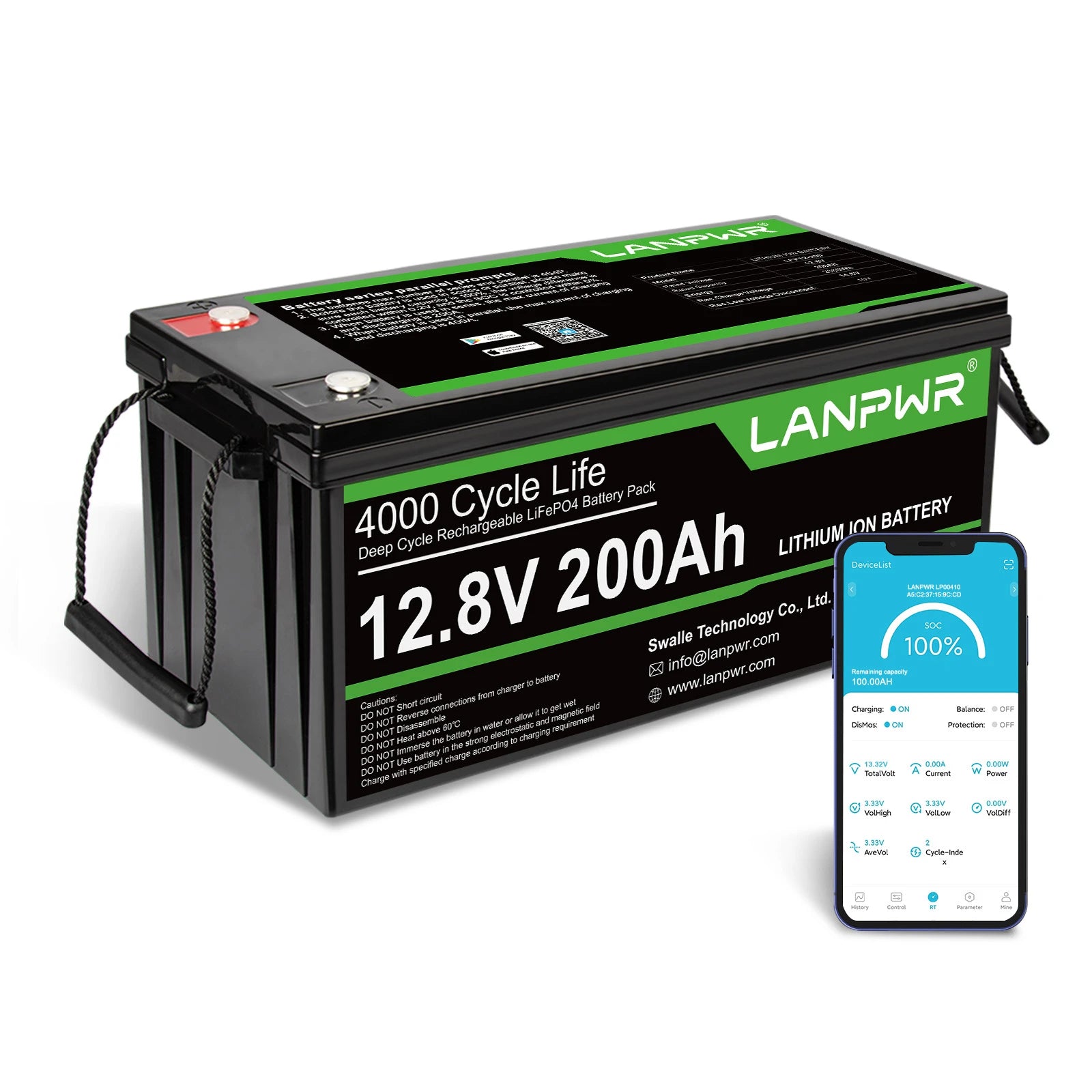
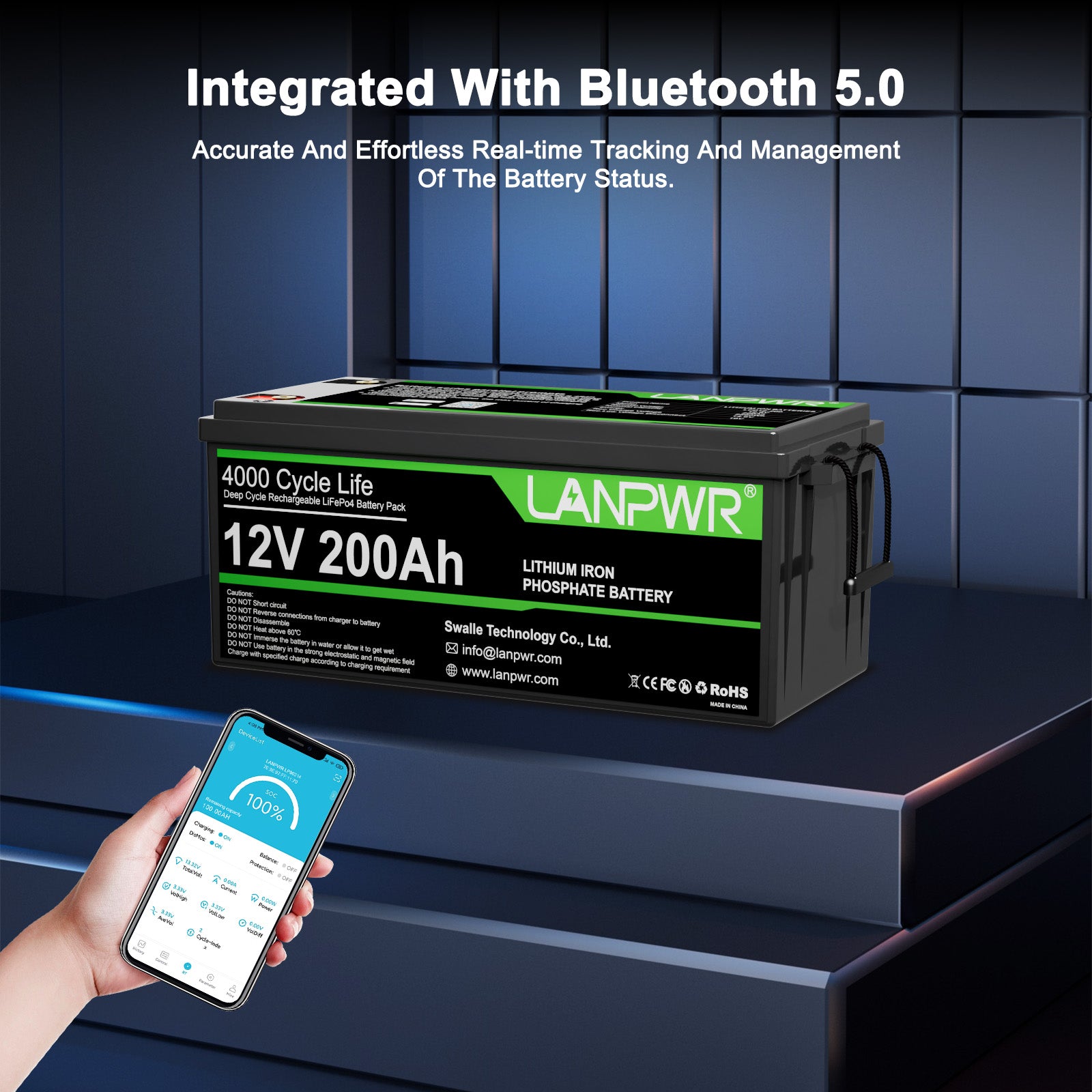
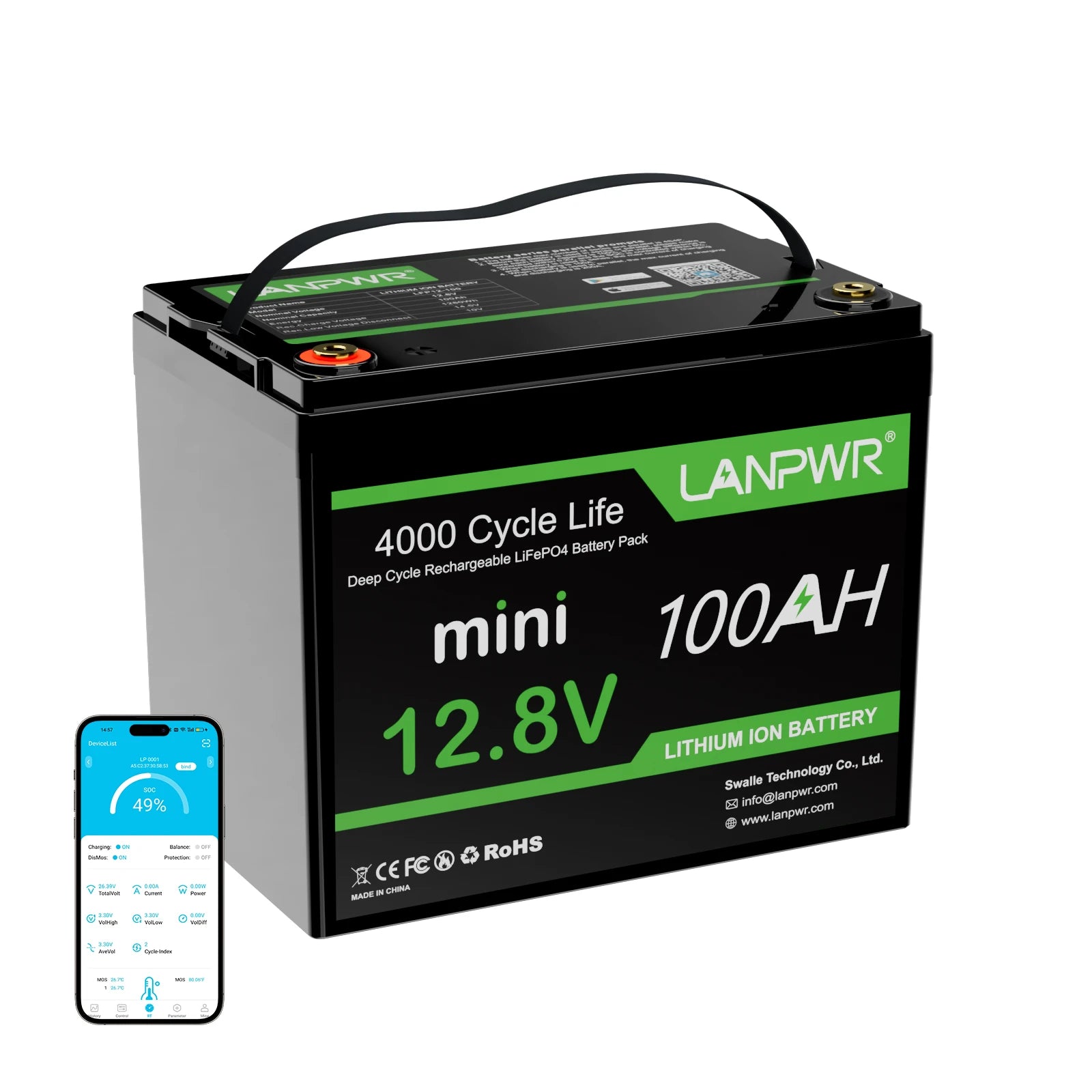

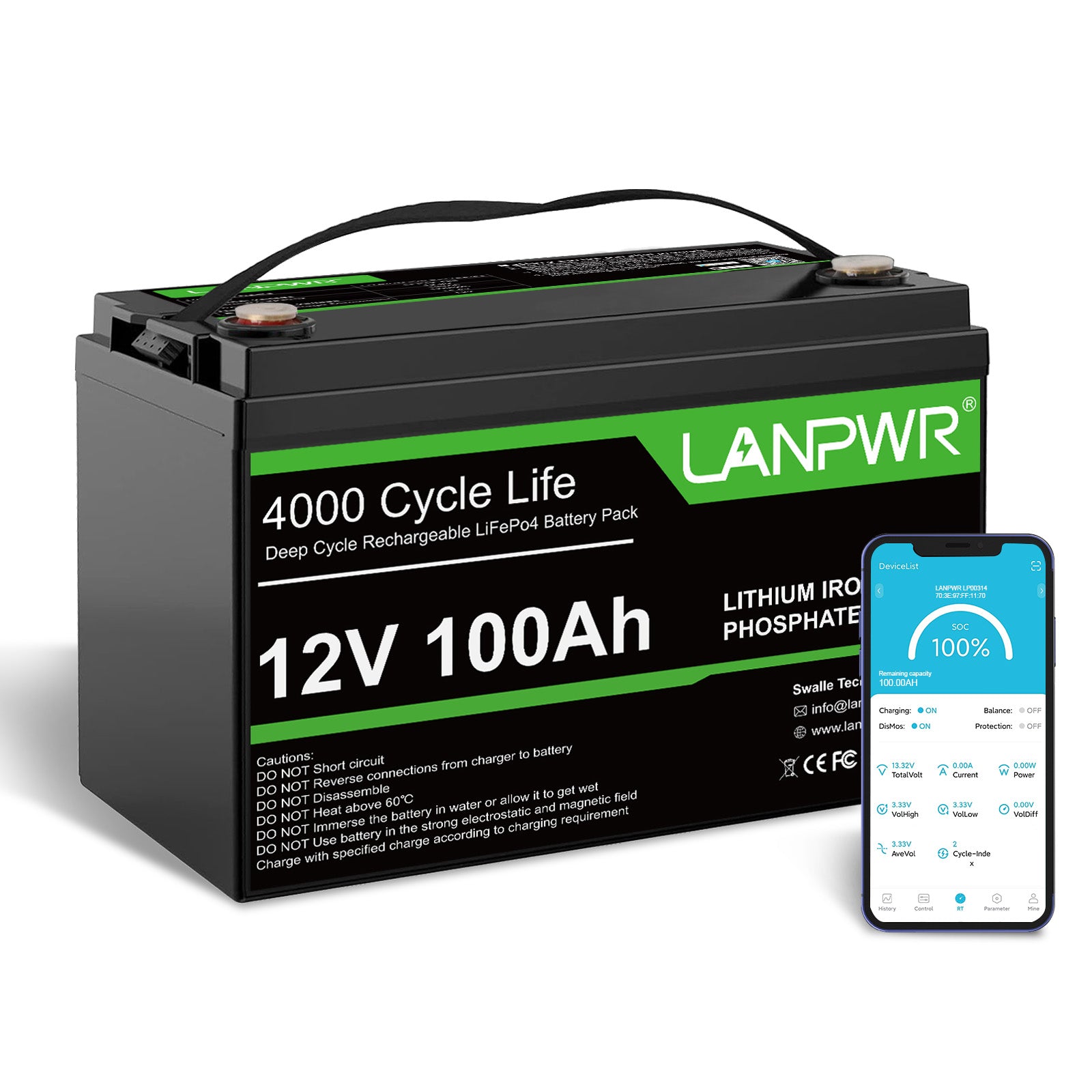
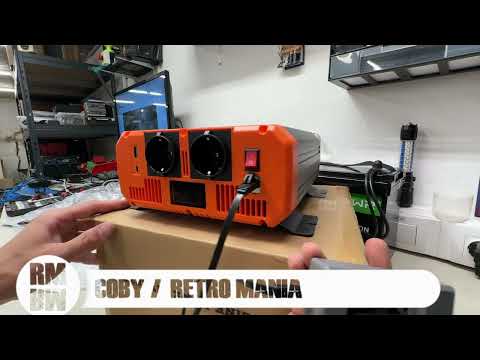
Leave a comment
This site is protected by hCaptcha and the hCaptcha Privacy Policy and Terms of Service apply.